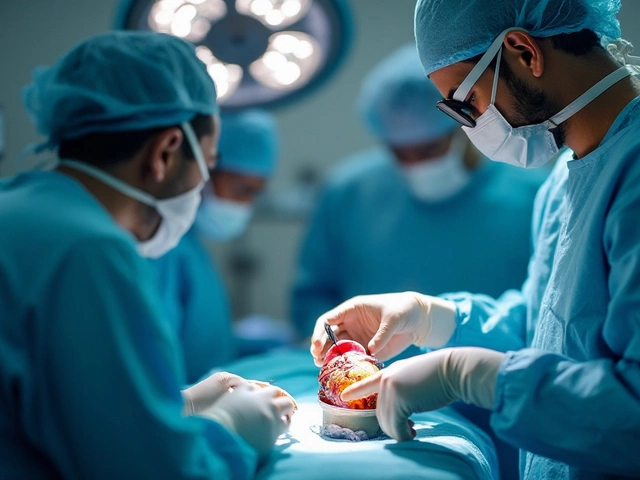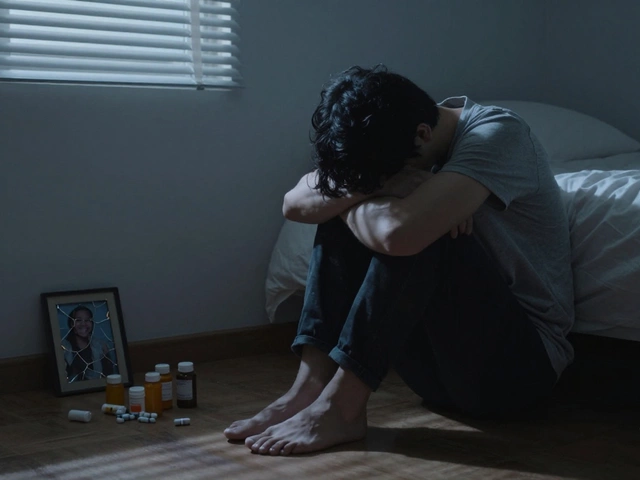Cancer Care Guide: What You Need to Know in India
Facing cancer can feel overwhelming, but the right information makes a huge difference. Whether you’re just hearing a diagnosis or supporting a loved one, knowing the basics of cancer care helps you act quickly and confidently.
The first step is early detection. Regular screenings for breast, cervical, colorectal, and oral cancers are widely available in Indian hospitals and government health camps. If you notice any persistent lumps, unusual bleeding, or changes in skin or nails, book an appointment right away. Early-stage cancers are often easier to treat and have better outcomes.
Understanding Your Treatment Options
Once a diagnosis is confirmed, doctors will discuss a treatment plan that fits the cancer type, stage, and your overall health. The main options include surgery, chemotherapy, radiation therapy, targeted therapy, and immunotherapy. In many cases, a combination works best. For example, a patient with early breast cancer might have surgery followed by a short round of chemo to kill any hidden cells.
India has several JCI‑accredited hospitals that follow international protocols, so you can expect quality care at a fraction of the cost compared to many Western countries. If you’re considering medical tourism, check the hospital’s success rates, surgeon’s experience, and post‑operative support services.
Side effects are common, but they can be managed. Speak openly with your oncologist about nausea, fatigue, or hair loss. They can prescribe anti‑emetics, adjust dosages, or suggest lifestyle tweaks like small, frequent meals and gentle exercise.
Support Systems That Make a Difference
Cancer isn’t just a physical battle; it hits the mind and emotions too. Many Indian cities offer cancer support groups, counseling services, and yoga or meditation classes specially designed for patients. These programs help reduce stress, improve sleep, and boost immunity.
Financial worries are real, especially with long‑term treatment. Look into government schemes like the Ayushman Bharat Yojana, which covers a lot of oncology expenses for eligible families. Private insurers also offer cancer-specific policies that can ease the burden.
Nutrition plays a vital role in recovery. Focus on a balanced diet rich in protein, fresh fruits, and vegetables. Limit processed foods, sugary drinks, and excess red meat. Staying hydrated and getting enough fiber can help manage treatment‑related constipation.
Finally, keep a simple health diary. Record your medication times, side effects, and any questions for your doctor. This habit ensures you don’t miss anything important and makes follow‑up visits smoother.
Remember, cancer care is a team effort. Your doctors, nurses, family, and even fellow patients are all here to help you navigate the journey. By staying informed, proactive, and supported, you give yourself the best chance for a successful outcome.





